Description
Étude de sardinier by Paul Sérusier printed on a T-Shirt
About the T-Shirt
Regular fit
Standard length, the fabric easily gives into movement
Casual wear
A classic, everyday option loved by our customers
Side-seamed
Constructed by sewing two parts together, creating a fitted look
The Unisex Staple T-Shirt feels soft and light with just the right amount of stretch. It’s comfortable and flattering for all. We can’t compliment this shirt enough–it’s one of our crowd favorites, and it’s sure to be your next favorite too!
- Solid colors are 100% Airlume combed and ring-spun cotton
- Ash color is 99% combed and ring-spun cotton, 1% polyester
- Heather colors are 52% combed and ring-spun cotton, 48% polyester
- Athletic and Black Heather are 90% combed and ring-spun cotton, 10% polyester
- Heather Prism colors are 99% combed and ring-spun cotton, 1% polyester
- Fabric weight: 4.2 oz./yd.² (142 g/m²)
- Pre-shrunk fabric
- 30 singles
- Side-seamed construction
- Tear-away label
- Shoulder-to-shoulder taping
- Blank product sourced from Nicaragua, Mexico, Honduras, or the US
Paul Sérusier (1864 – 1927)
Paul Sérusier was a French painter who was a pioneer of abstract art and an inspiration for the avant-garde Nabis movement, Synthetism and Cloisonnism.
Sérusier was born in Paris. He studied at the Académie Julian and was a monitor there in the mid-1880s. In the summer of 1888 he travelled to Pont-Aven and joined the small group of artists centered there around Paul Gauguin. While at the Pont-Aven artist’s colony he painted a picture that became known as The Talisman, under the close supervision of Gauguin. The picture was an extreme exercise in Cloisonnism that approximated to pure abstraction. He was a Post-Impressionist painter, a part of the group of painters called Les Nabis. Sérusier, along with Paul Gauguin, named the group. Pierre Bonnard, Édouard Vuillard and Maurice Denis became the best known of the group, but at the time they were somewhat peripheral to the core group.
In 1892 Sérusier met and befriended Charles Hodge Mackie while the Scottish artist and his wife were honeymooning in France. This friendship led to him contributing the illustration Pastorale Bretonne to The Evergreen: A Northern Seasonal: The Book of Spring published by Patrick Geddes and Colleagues in Edinburgh in 1895.
He later taught at the Académie Ranson and published his book ABC de la peinture in 1921. He died at Morlaix in Brittany.

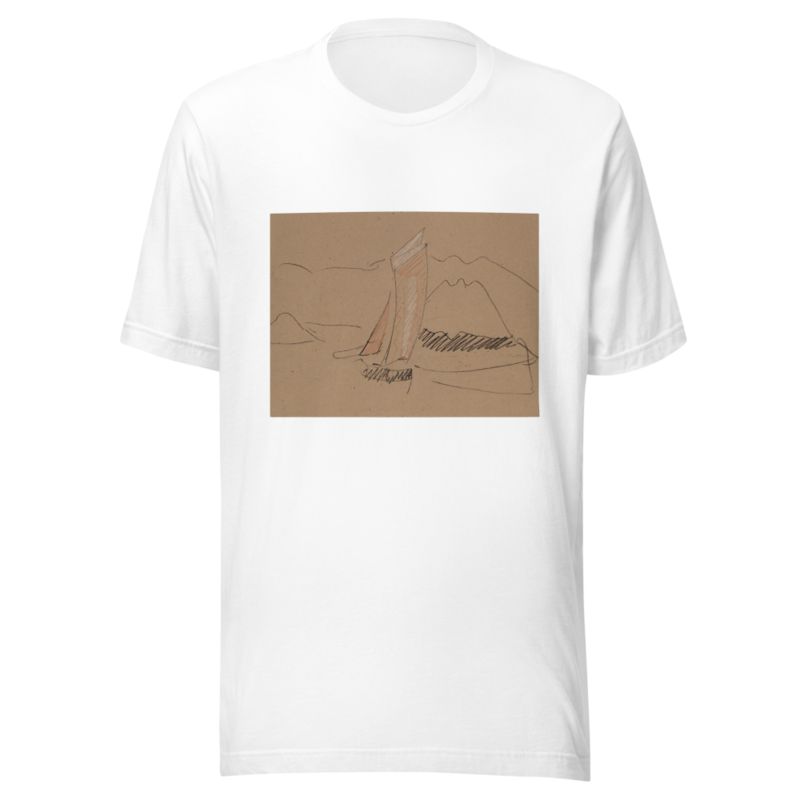
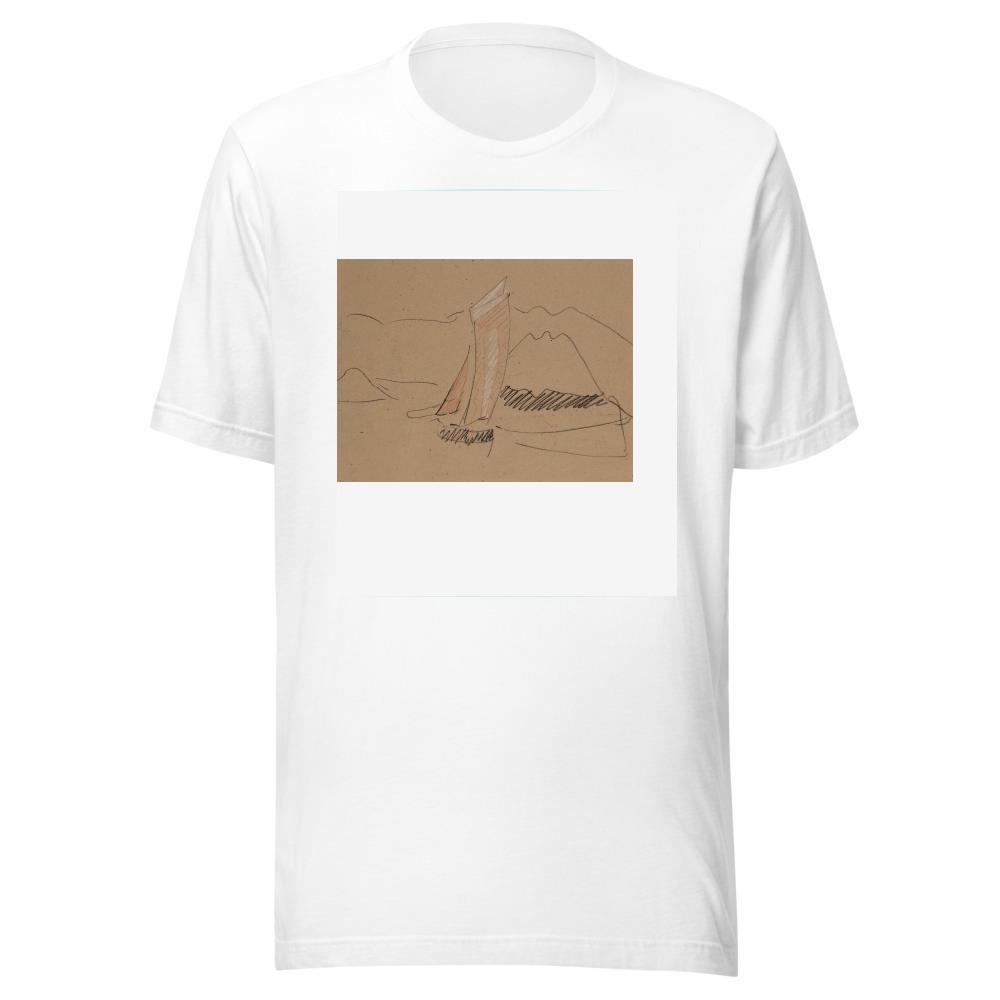
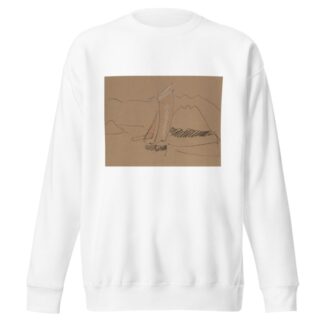
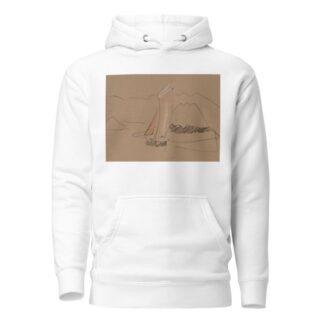
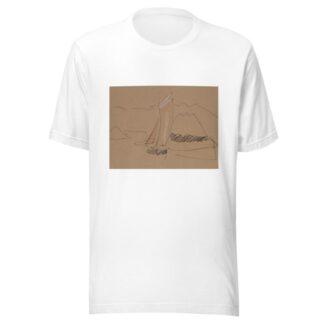
Reviews
There are no reviews yet.